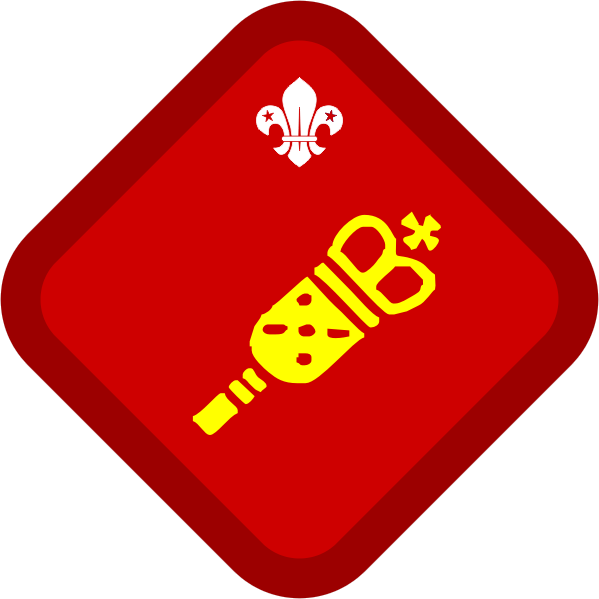


Community
Complete the requirements in any one of the following alternatives:
Alternative A
- Find out about the community services provided within your local community (for example health, education, leisure, youth provision, rescue) using such resources as the local authority, youth officers, local library and visits. Discuss with the examiner how these services are provided and how well they meet the needs of the people they are designed to serve.
- After consulting with the examiner, carry out a study of one aspect of community concern in your area. The study should be of approximately six months’ duration.
- Give regular voluntary service to the community, spread over at least two months. Explain to the examiner what you have earned from this experience.
Alternative B
You must discuss this option with the examiner before undertaking any of the requirements.
- With a friend, push and be pushed in a wheelchair around your neighbourhood, visiting shops and public buildings. Describe your experience to the examiner.
- Show how to open and close a wheelchair properly and how to take it up and down curbs, down a slope and up and down stairs.
- Demonstrate the techniques of lifting someone who has a weakness in the legs and of transferring them from one chair to another.
- Assemble a display of not less than eight items of aids used by people with special needs. Explain to your Patrol and the examiner how these items are used.
- Learn the following Makaton phrases - Hello, Please Thank you, Friend, Help, Home, Tired, Eat, Drink, Yes, No, Okay, Wash, Toilet and Goodbye.
- Help to make a Special Needs Awareness Trail for the Scouts in your Patrol. Take part in it yourself. Tell your examiner about it.
- Spend a total of 15 hours within a period of three months helping at one of the centres that cater to persons with special needs.
- Discuss with the Patrol Leaders Council and with the examiner how you now feel about people with special needs and how you will behave towards them in the future.
Alternative C
Either
- Take part in a visit to a police station and find out about:
- The organisation of the Royal Barbados Police Force and the rank structure.
- The various specialist departments.
- Communications including personal radio, emergency system and phonetic alphabet.
- The practical side of preventing and detecting crime.
- Show an understanding of crime prevention in the home and the community.
- Observe a stranger for a period of two minutes and, after a period of time, be able to describe him or her in such a manner as to enable the person to be recognised.
- Show a good knowledge of The Highway Code.
Or
- Take part in a locally organised course as agreed by your Patrol Leaders Council, Scout Leader and the Police Force.
